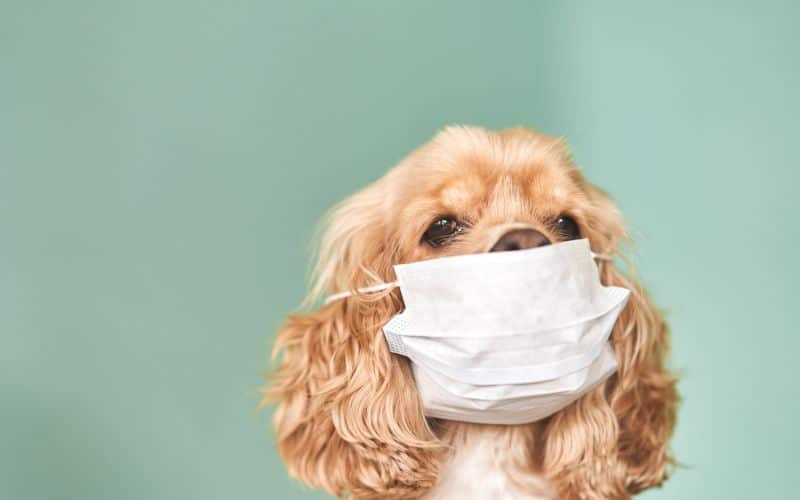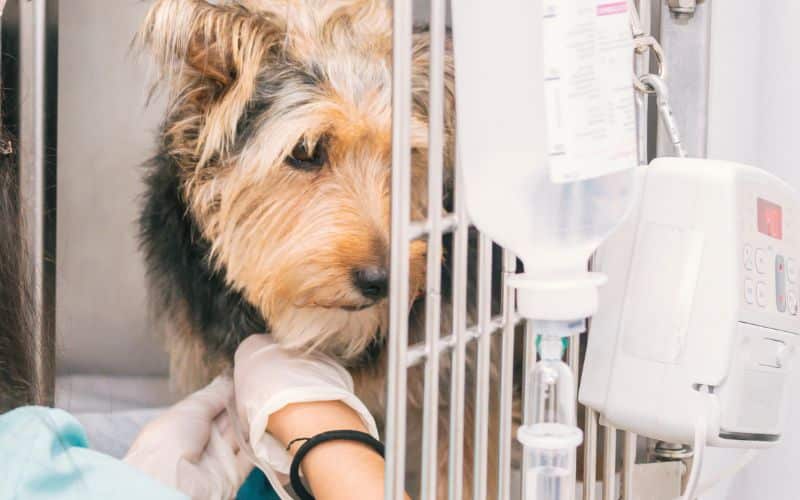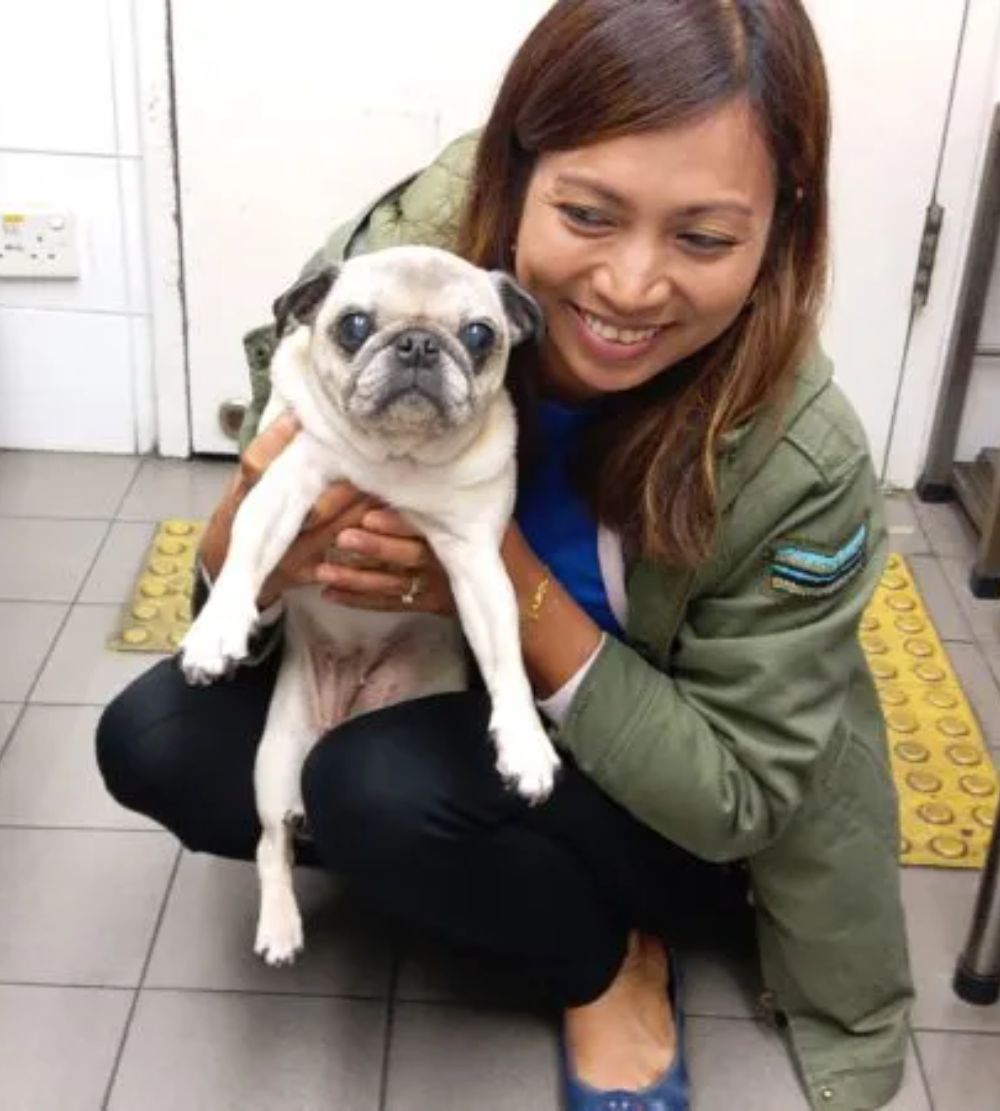Bringing your beloved pet to Singapore can be challenging due to Singapore’s strict pet quarantine requirements. To prevent the spread of rabies and other diseases, all cats and dogs imported to Singapore must undergo quarantine procedures. Though quarantine may be inconvenient, it’s a vital regulation that keeps pets and people in Singapore safe.
In this guide, we’ll walk you through everything you need about Singapore’s pet quarantine rules. We’ll cover the quarantine requirements for dogs and cats, approved quarantine facilities, permit applications, tips for preparing your pet, and more. Whether you’re already living in Singapore or planning to move, we’ll provide the necessary information to manage your pet’s quarantine stay.
Why Do Pets Need to Go to Quarantine in Singapore?
Singapore has very strict regulations regarding importing pets due to the island’s rabies-free status. Singapore has been free of rabies since 1953 when they got rid of the disease through widespread dog vaccination and population control. To maintain this rabies-free status, every pet relocating to Singapore must undergo quarantine in the Sembawang Animal Quarantine Section, operated by the AVA(Agri-food and Veterinary Authority of Singapore).
During pet quarantine in Singapore, dogs are observed for any signs of rabies infection. The veterinarians in the quarantine facility can determine if the animal has rabies before releasing it. While an inconvenience for pet owners, quarantine is an effective measure that has allowed Singapore to remain rabies-free for decades. Maintaining rabies-free status is crucial for human and animal health in Singapore’s densely populated urban area.
Singapore Pet Quarantine Requirements
Understanding the requirements for animal quarantine in Singapore is essential to planning any pet relocation or visit to the country. The country has specific guidelines to safeguard its residents and diverse ecosystems from health risks associated with incoming animals to maintain a biosecure environment. All imported pets must meet the following quarantine regulations:
Microchipping
All pets must be microchipped with an ISO-compliant microchip for identification. The microchip allows quarantine facility staff and veterinarians to identify your pet and ensure they receive proper care and monitoring throughout their quarantine stay. It also helps keep track of their health records during quarantine.
Rabies Vaccination
All pets must be vaccinated for rabies and other diseases before they are allowed in Singapore’s pet quarantine facility. Official vaccination certificates from a licensed veterinarian are required. All vaccines, including rabies vaccination must be given at least 30 days before import. Proper vaccination protects your pet and prevents disease transmission to other pets during quarantine.
Import Permit
Before arrival, import permits must be obtained from Singapore’s Animal & Veterinary Service (AVS). This permit allows AVS to verify your pet meets Singapore’s import regulations and has approved quarantine facility arrangements.
How Long Should My Pet Stay in Singapore Pet Quarantine Facility?
The duration of your pet’s quarantine stay in Singapore depends on which country they are being imported from. Singapore’s Animal & Veterinary Service (AVS) categorizes countries based on rabies risk and surveillance data. Pets imported from rabies-free countries like New Zealand, Australia, United Kingdom, etc., may not need a quarantine. However, pets imported from rabies-risk countries or regions may require more extended quarantine periods in Singapore. Here are the quarantine periods required for each country:
| Countries | Quarantine Duration | |
| Schedule I (Rabies-Free Countries) |
Australia, New Zealand, the United Kingdom, and the Republic of Ireland | No quarantine required |
| Schedule II (Countries with controlled rabies risk) |
Austria, Belgium, Bermuda, Canada, Cayman Islands, Cyprus, Czech Republic, Denmark, Estonia, Finland, France, Germany, Greece, Hong Kong, Iceland, Italy, Japan, Jersey, Latvia, Liechtenstein, Luxembourg, Malta, New Caledonia, Norway, Portugal, Slovakia, Slovenia, Spain (except Ceuta and Melilla), Sweden, Switzerland, The Netherlands, USA | No quarantine is required at animal quarantine centres in Singapore. However, if the pet owner is not travelling within five days or if the pet has been owned for less than six months, the pet must undergo a 10-day home quarantine. |
| Schedule III (Countries with high rabies risk) |
Rest of the Countries | Minimum 30 days |
What’s Sembawang Animal Quarantine Station Like?
The Sembawang Animal Quarantine Station is the only facility in Singapore that handles the import and export of pets like dogs and cats. Located in northern Singapore, the facility can house up to 80 animals at a time. The quarantine section is essential to ensure all pets coming into Singapore are free from rabies and ticks. Pets typically have to stay at the facility for about 10 days or more, depending on the countries they are imported from and the situation of the animal’s health conditions.
This Singapore quarantine facility is clean, eficient, and monitored 24/7 by veterinarians and veterinary technicians. There is also an outdoor area where pets are exercised daily. Meals are provided to your pets according to their dietary needs. You can visit your pets at designated times after they have settled in. On the day of release, pets also have to be inspected and cleared by the vets before they are released. With proper vaccinations and paperwork, the quarantine process usually goes smoothly for pets and owners.
Conclusion
Bringing your beloved pet to Singapore requires advanced preparation and strict compliance with import regulations. Quarantine is crucial in maintaining Singapore’s rabies-free status and ensuring the health of incoming pets. Though you’ll miss your furry friend, quarantine periods pass quickly with proper care from staff. Once completed, your healthy pet can begin adjusting to its new home with you in Singapore.
With the correct information and preparation, quarantine does not have to be a bad experience for pets or owners. As a pet relocation company, ensuring a smooth and stress-free transition for pets into Singapore is our utmost priority. Our team stays up-to-date on the latest regulations from AVA and can guide pet owners through every step, from paperwork processing to coordinating with quarantine facilities. Our priority is reuniting pets with owners, happy and healthy in their new Singapore home.
Click Here For Shipping Enquiry
Frequently Asked Questions
What is pet quarantine, and why is it required in Singapore?
Pet quarantine is the mandatory detention and observation period for dogs, cats, and other household pets entering Singapore. Quarantine is strictly enforced in Singapore to protect public health and safety by preventing the introduction of rabies, which is not present in the country.
What are the quarantine requirements for importing pets to Singapore?
The quarantine requirements for importing pets to Singapore are microchipping, import permit, rabies & other vaccinations, etc.
How far in advance should I make quarantine reservations?
It is highly recommended to book quarantine reservations at the Sembawang Animal Quarantine Station at least 2-3 months in advance of your planned arrival date.
Can I visit my pet during quarantine?
You can visit your pet at designated times after the first few days of quarantine. The frequency and duration of visits may be limited.




